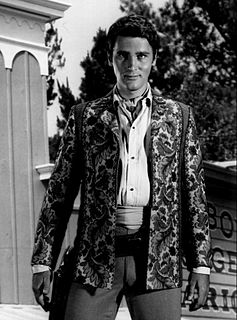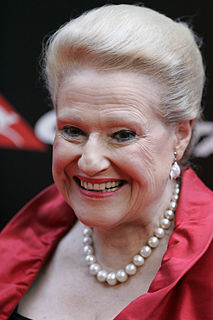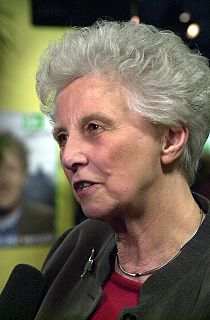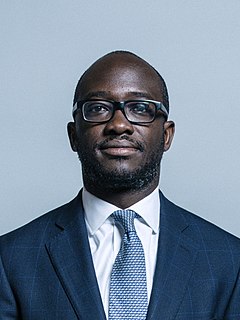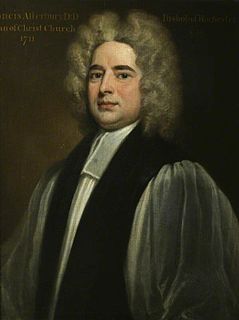A Quote by Albert Szent-Gyorgyi
A discovery must be, by definition, at variance with existing knowledge. During my lifetime, I made two. Both were rejected offhand by the popes of the field. Had I predicted these discoveries in my applications, and had those authorities been my judges, it is evident what their decisions would have been.
Related Quotes
But medicine has long had all its means to hand, and has discovered both a principle and a method, through which the discoveries made during a long period are many and excellent, while full discovery will be made, if the inquirer be competent, conduct his researches with knowledge of the discoveries already made, and make them his starting-point. But anyone who, casting aside and rejecting all these means, attempts to conduct research in any other way or after another fashion, and asserts that he has found out anything, is and has been victim of deception.
At the time in our lives that we met, we had both made our mistakes. If chance would have had it that we would have met at an earlier stage, we might not have had the discoveries together that we did have and found those things in life together that were valuable to us at a later point in life when we were both more mature.
Mia and I had been together for more than two years, and yes, it was a high school romance, but it was still the kind of romance where I thought we were trying to find a way to make it forever, the kind that, had we met five years later and had she not been some cello prodigy and had I not been in a band on the rise - or had our lives not been ripped apart by all this -I was pretty sure it would've been.
Modesty teaches us to speak of the ancients with respect, especially when we are not very familiar with their works. Newton, who knew them practically by heart, had the greatest respect for them, and considered them to be men of genius and superior intelligence who had carried their discoveries in every field much further than we today suspect, judging from what remains of their writings. More ancient writings have been lost than have been preserved, and perhaps our new discoveries are of less value than those that we have lost.
Under the guidance of the Reich, Europe would speedily have become unified. Once the Jewish poison had been eradicated, unification would have been an easy matter. France and Italy, each defeated in turn at an interval of a few months by the two Germanic Powers, would have been well out of it. Both would have had to renounce their inappropriate aspirations to greatness. At the same time they would have had to renounce their pretensions in North Africa and the Near East; and that would have allowed Europe to pursue a bold policy of friendship towards Islam.
Kepler's discovery would not have been possible without the doctrine of conics. Now contemporaries of Kepler-such penetrating minds as Descartes and Pascal-were abandoning the study of geometry ... because they said it was so UTTERLY USELESS. There was the future of the human race almost trembling in the balance; for had not the geometry of conic sections already been worked out in large measure, and had their opinion that only sciences apparently useful ought to be pursued, the nineteenth century would have had none of those characters which distinguish it from the ancien régime.
Corrigan told me once that Christ was quite easy to understand. He went where He was supposed to go. He stayed where He was needed. He took little or nothing along, a pair of sandals, a bit of a shirt, a few odds and ends to stave off the loneliness. He never rejected the world. If He had rejected it, He would have been rejecting mystery. And if He rejected mystery, He would have been rejecting faith.


